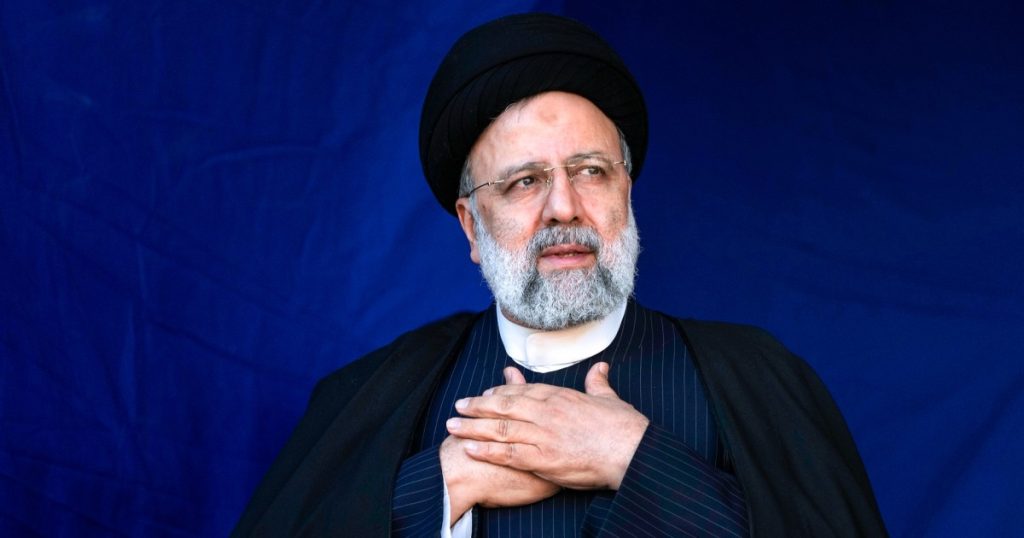Iranian President Ebrahim Raisi, a conservative hard-line cleric known for enforcing brutal crackdowns on political opposition and seen as a potential successor to the supreme leader, died in a helicopter crash landing. His tenure as president saw a crackdown on mass protests, enforcement of a strict women’s dress code, increased uranium enrichment, and heightened military tensions with Israel and the West. Raisi was sometimes referred to as the “Butcher of Tehran” due to his alleged involvement in the mass execution of political prisoners in 1988.
State media reported that rescuers found no sign of life in the wreckage of the helicopter that crashed. Raisi was despised by many Iranians for the government’s brutal crackdown on women-led protests and Iran’s dire economic situation. He was defeated in the 2017 presidential election by Hassan Rouhani, who was later banned from running for the Assembly of Experts. Amnesty International urged an investigation against Raisi for alleged crimes against humanity during his time as head of the Iranian judiciary.
Under Raisi, hundreds of people were killed with impunity, and thousands of protesters were subjected to arrests, enforced disappearance, and torture. The violent suppression of protesters following the killing of Mahsa Amini led to an investigation by the United Nations. Despite allegations of human rights abuses, Raisi denied these claims and defended the Iranian regime’s actions. The U.N. Human Rights Chief criticized Iran for weaponizing criminal procedures to punish dissenting voices.
Despite concerns over Iran’s human rights abuses, Raisi was allowed to address the U.N. General Assembly where he criticized Western states for meddling in Middle Eastern affairs. Western leaders have accused Iran of playing a destabilizing role in the region through its support of proxy battles. Raisi condemned Israel’s occupation of the Palestinian territories but also supported groups like Hamas. Iran continued its nuclear program under Raisi, which had accelerated after the U.S. withdrew from the nuclear deal in 2018.
Raisi, who was married to Jamileh Alamolhoda and had two daughters, faced allegations of human rights abuses and crimes against humanity. Despite being accused of being involved in the mass executions of political prisoners in 1988, he denied these claims and portrayed himself as a defender of human rights. Raisi’s death in a helicopter crash marks the end of a controversial tenure as president of Iran, leaving a mixed legacy as a figure known for both brutal crackdowns on dissent and support for anti-Western policies.


